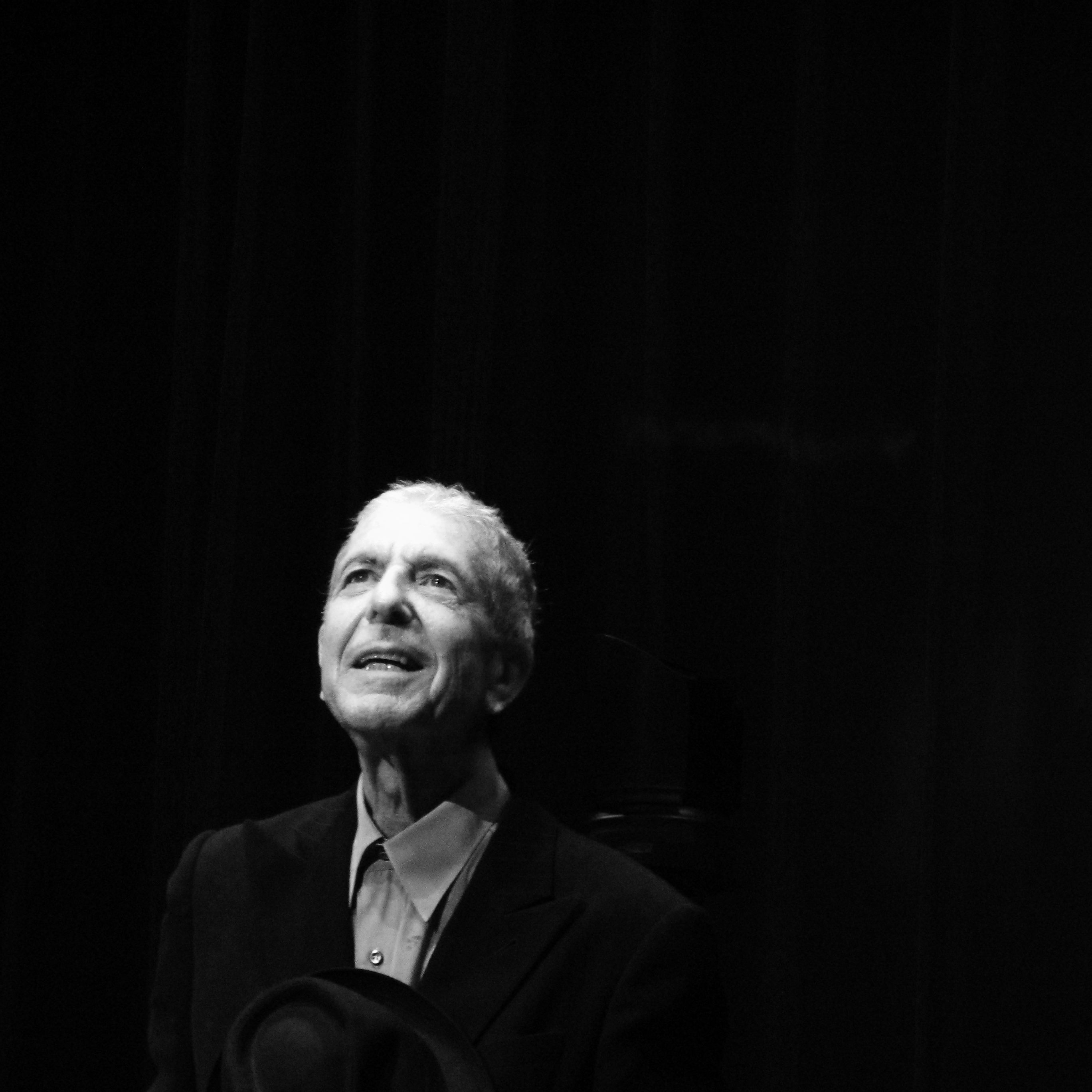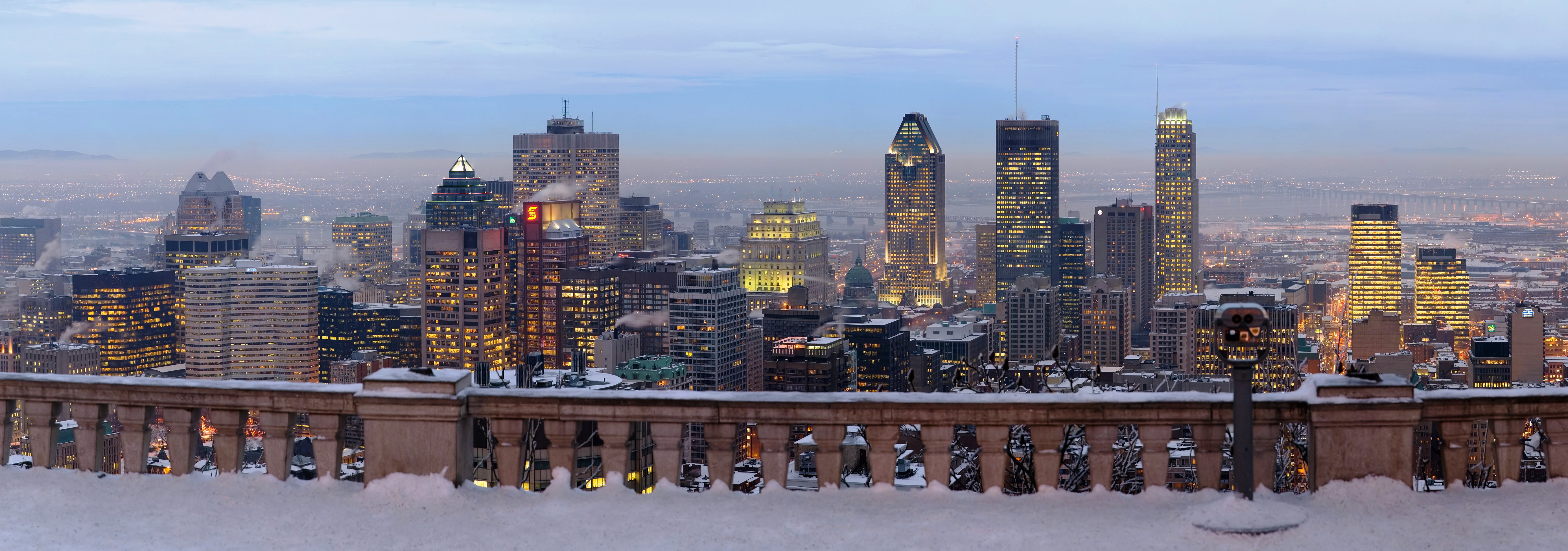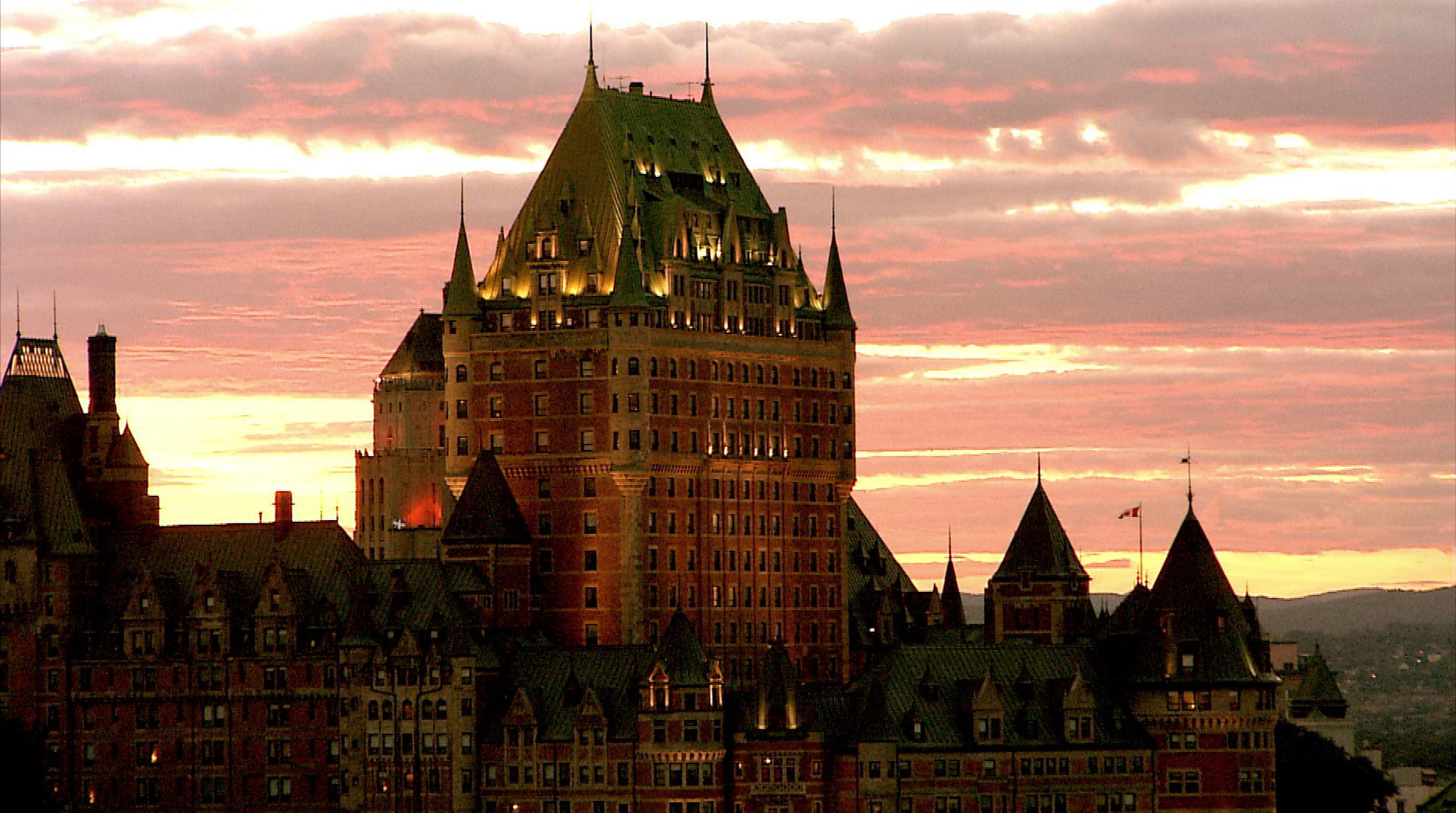Showing posts with label Quebec. Show all posts
Showing posts with label Quebec. Show all posts
Friday, February 07, 2020
Friday, August 11, 2017
Adieu Quebec?
Morning bells are ringing in Quebec, and all the brothers are suddenly awake. It runs out the 2016 census has revealed a significant upswing in Anglophones in the province. The PQ is calling for new, more restrictive language laws, and banning all immigrants who do not speak French.
But here’s the interesting thing: the rise in English speakers is not happening in Montreal, where the immigrants, and the migrants from the rest of Canada, generally come. It is appearing in rural Quebec—and even while the overall population in rural Quebec is declining.
This can really only mean one thing. The same people who identified themselves as Francophone a census ago are now declaring themselves Anglophone. They no longer identify themselves as primarily French-speakers.
This is no doubt a threat to the continues existence of the French-Canadian culture: but new language laws and restrictions on immigration are not likely to fix it.
Indeed, it is a fairly inevitable consequence of globalization. It is often said that, until the 1960s, French Quebec existed in a cocoon, separate from the rest of the modern world. It is perhaps only now that that cocoon is really splitting open. Year by year, it becomes a greater sacrifice to try to live your life entirely in French. There is a world culture now, and its common language is English.
I have seen it myself in my years as an English teacher. When I started, the experiences and thinking of a young Chinese or young Korean were very different from those of a young Canadian. Meeting them as a foreigner, I sometimes felt like a zoo animal on display.
That is all gone now. With chatting, the internet, and so forth, everyone below a certain age hears and sees and knows about all the same things. In any city, there are similar malls selling all the same brand names in the same chain stores. When I was in grad school, in Syracuse, within a hundred miles of the Canadian border, there was absolutely no news available from Canada. No one had any idea what was going on up there. “Was the national anthem still ‘The Maple Leaf Forever?’” someone asked me, trying to show interest. But now, Americans often follow Canadian and British politics rather as though it was the next state over. Canadian commentators like Mark Steyn, Gavin McInnes, Lauren Southern, Jordan Peterson, and so forth become big in the States. While still being identified as Canadian.
I suspect we are beginning to see the end of the truly distinct Quebec culture. For better or for worse—and I feel more than a twinge of regret.
Wednesday, December 14, 2016
Friday, March 06, 2015
Leonard Cohen and the Death of Anglophone Montreal
 |
| Last Canadian Standing |
An interesting piece in the New Yorker. I am probably reading this into it; but the article makes me think that the true impetus for Quebec's "Quiet Revolution" was envy of the vitality of English-speaking Montreal culture, back in the days of Cohen, Layton, Klein, Richler, Scott, MacLennan and Moore. Having nothing to compare with it, the Francophone elite sought to destroy it.
In doing so, they destroyed the best hope for a native English-Canadian culture, in the city of its ideological founder, D'Arcy McGee. Since then, we have had nothing but multiculturalism.
 |
| All your bases are belong to us, maudits Anglais! |
It was not the English the Francos crushed in the Sixties and Seventies. It was the Canadians, trying to forge a new Canadian culture which combined the best of all the many local traditions.
Saturday, May 24, 2014
A Montreal Renaissance?
This article is optimistic aboiut Montreal's future. It is also beautifully written.
I think every Canadian should hope Montreal does get its groove back. Anyone who can look on a map can see it is the natural capital of Canada.
I think the author may also be right. The one thing that has been holding Montreal back has been Quebec separatism and xenophobia. If it can put that to rest now, it will be back to being a world city, instead of a provincial one. It should be in conmpetition with Paris, New York, and London, not with Quebec City.
The recent provincial election bodes well. It is not just that the separatists lost the election, but that their power base, which was once in Montreal, is now mostly rural. Montreals eems to have grown up and moved on.
I think every Canadian should hope Montreal does get its groove back. Anyone who can look on a map can see it is the natural capital of Canada.
I think the author may also be right. The one thing that has been holding Montreal back has been Quebec separatism and xenophobia. If it can put that to rest now, it will be back to being a world city, instead of a provincial one. It should be in conmpetition with Paris, New York, and London, not with Quebec City.
The recent provincial election bodes well. It is not just that the separatists lost the election, but that their power base, which was once in Montreal, is now mostly rural. Montreals eems to have grown up and moved on.
Wednesday, April 09, 2014
Is the PQ Down for the Count?
In the wake of the recent Quebec election, all the pundits
are saying it is all over for the PQ, and perhaps for separatism. A new age has
dawned. Quebec is opening to the outside world.
It may be so, but it is the job of pundits to see something
historic in every minor event. Elections come, elections go, and this time’s big losers
are entirely likely to be next time’s big winners. Witness, for example, the PQ and
Liberals in Quebec, eighteen months ago. We have seen, federally, both the Conservatives and the Liberals rise again from the ash heap of history after far worse election losses than the PQ's this time out. And, if the
polls are right, had the election been held two months ago, the PQ would have
won. Then the narrative would have been completely different.
They ran a lousy campaign. That could be the extent of it.
In Quebec, it is indeed possible for well-established
parties to suddenly disappear. Some of us still remember the mighty Union
Nationale. The fact that the most recent example of a party suddenly imploding is the separatist BQ on the federal level may give added hope that something larger is happening. But it may just be coincidence. Two stars may have aligned, the personal attractiveness of Jack Layton in Quebec, and the inept PQ campaign.
It is also possible for popular sentiments to shift
very quickly, so that movements that seem dead now may rise tomorrow. There was a time, not long ago, when the thought of the NDP electing anyone in Quebec seemed absurd.
I do think time is on the Federalist side; Quebec separatism is a xenophobic movement, a rearguard action against the intrusion of the modern world. But anything can
still happen.
Saturday, August 30, 2008
Canada's Conservative Future
A sea-change is taking place in Quebec, which may secure power for the Conservatives for a generation.
Since the 1970s, politics in Quebec have been distorted by the separatism issue. Whereas elsewhere in Canada, and the world, the primary political choice was between left and right, in Quebec, since the delcine of the Union Nationale and rise of the PQ, it has been between sovereignty and federalism. This, and the importance of the question, generally left room for only one separatist party, and one federalist party. No one dared split their vote.
But the situation was anomalous, because both the federalist and the separatist party were essentially left-wing. The Conservatives were usually the odd man out.
Now, however, the separatist option seems to be receding in the popular mind, and the opposite phenomenon is occurring. Provincially, Action Democratique has emerged as an important conservative player. Federally, as ideology begins to trump sovereignty, Conservatives hold the best hand: they become the only party representing the right, while the left is split between two factions, Liberals and PQ.
This should almost ensure a Quebec Conservative majority for the foreseeable future, until and unless one of the other two parties manages to bury the other—and even then, only if it is the Liberals who bury the BQ.
Adding that to Tory strength in Western Canada, a region growing in population, wealth, and representation in parliament, the Conservatives should be hard to beat for the next generation or so.
Since the 1970s, politics in Quebec have been distorted by the separatism issue. Whereas elsewhere in Canada, and the world, the primary political choice was between left and right, in Quebec, since the delcine of the Union Nationale and rise of the PQ, it has been between sovereignty and federalism. This, and the importance of the question, generally left room for only one separatist party, and one federalist party. No one dared split their vote.
But the situation was anomalous, because both the federalist and the separatist party were essentially left-wing. The Conservatives were usually the odd man out.
Now, however, the separatist option seems to be receding in the popular mind, and the opposite phenomenon is occurring. Provincially, Action Democratique has emerged as an important conservative player. Federally, as ideology begins to trump sovereignty, Conservatives hold the best hand: they become the only party representing the right, while the left is split between two factions, Liberals and PQ.
This should almost ensure a Quebec Conservative majority for the foreseeable future, until and unless one of the other two parties manages to bury the other—and even then, only if it is the Liberals who bury the BQ.
Adding that to Tory strength in Western Canada, a region growing in population, wealth, and representation in parliament, the Conservatives should be hard to beat for the next generation or so.
Subscribe to:
Posts (Atom)













